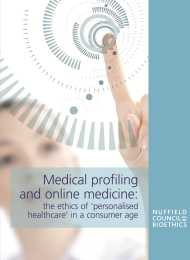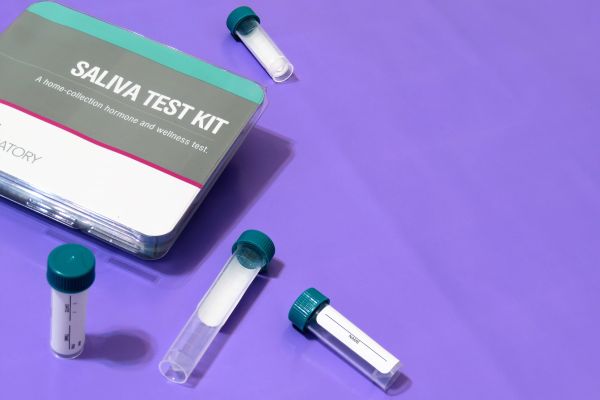Medical profiling and online medicine: the ethics of 'personalised healthcare' in a consumer age
Report
Published 12/10/2010

Several companies, mainly US-based, now offer personal genetic profiling services for disease susceptibility. After analysing a sample of DNA (e.g. from a saliva sample sent in the post), they claim to be able to tell healthy people about their risks of developing common diseases in future, such as cancer, Parkinson’s disease and diabetes. These services can cost up to US$2000.
The tests might provide reassurance or enable people to take preventative action. However, there are a number of potential downsides:
- The test results can be unreliable and difficult to interpret.
- ‘Good’ results may lead to complacency in lifestyle.
- Learning about risk of disease could be upsetting, particularly if no treatments are available.
- There is potential for misuse of personal genetic information.
- People may seek unnecessary further tests or advice from their doctor.
The number of people using genetic profiling services and whether this is currently leading to any actual harm is not known.
We conclude
Regulators should request evidence for any claims being made by companies about the clinical value of their tests.
Government websites should provide information about the risks and benefits of personal genetic profiling, including the relevance for insurance.
Companies should not knowingly analyse the DNA of children unless certain criteria are met.
Doctors should receive training on giving advice to patients about commercial genetic profiling services.
Companies should voluntarily provide clear information on the limitations of genetic profiling and what will happen to people’s data.

Share